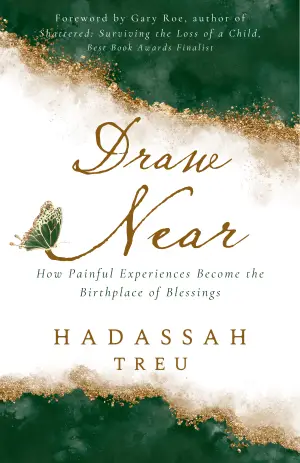A Heartfelt Reflection on All Quiet on the Western Front
Growing up, I often found myself fascinated by stories of bravery and sacrifice, particularly those shaped by the tumult of war. I still remember the first time I stumbled upon Erich Maria Remarque’s All Quiet on the Western Front. The cover caught my eye, but it was the promise of a raw and honest portrayal of World War I that compelled me to dive in. Little did I know, this book would become a profound reflection on the brutal realities of conflict, altering my understanding of war and humanity forever.
The story follows Paul Bäumer, a young German soldier who enlists in the army with his classmates, fueled by youthful zeal and a sense of duty. However, as the narrative unfolds, Paul’s initial enthusiasm shatters under the weight of trench warfare’s horrific realities. Remarque doesn’t shy away from the gruesome details, creating vivid imagery that haunts the reader—when Paul describes “men living with their skulls blown open,” it’s hard not to feel the weight of despair that permeates the pages. This portrayal not only serves as a powerful anti-war statement but illuminates the shared suffering of soldiers, regardless of their uniforms. It’s a reminder that beneath the battle cries, every soldier is a human being grappling with fear, loss, and profound grief.
Remarque’s writing style is both stark and poetic, a blend that grips you deeply. The pacing is deliberate; it allows you to sit with the characters, to understand their fears, and to witness their gradual loss of innocence. One particular line that resonated with me was when Paul reflects on the separation between soldiers and their former lives: "We are not youth any longer. We are not men. We are just bodies." This haunting realization encapsulates the existential crisis faced by many. The emotional weight of his journey will linger with you long after you turn the final page.
In reading testimonials from others, it’s clear that my experience is not unique. Readers describe this novel as an unforgettable exploration of the futility of war, filled with relatable characters. One reviewer poignantly noted how the book pulls you into the horrors while simultaneously investing you in the unique personalities of Paul and his comrades. This dual experience—being horrified yet attached—creates a powerful narrative tension that kept me captivated throughout.
All Quiet on the Western Front is a must-read for anyone interested in history, psychology, or the intricate tapestry of human emotions. It’s a book that challenges misconceptions about glory in war and insists we confront the bittersweet truth of what it means to be human amidst chaos. I found myself reflecting on the transient nature of life and the shared humanity that binds us all, regardless of nationality or past.
Whether you’re a lifelong fan of historical fiction or someone stepping into these themes for the first time, this book invites you to journey through the trenches of World War I. It’s not just a tell-all of war but a thoughtful examination of the heart’s resilience—or lack thereof. If you’re ready to be challenged and moved, grab a copy, and prepare for a reading experience that might just change how you view war forever.
You can find All Quiet on the Western Front: A Novel here >>







